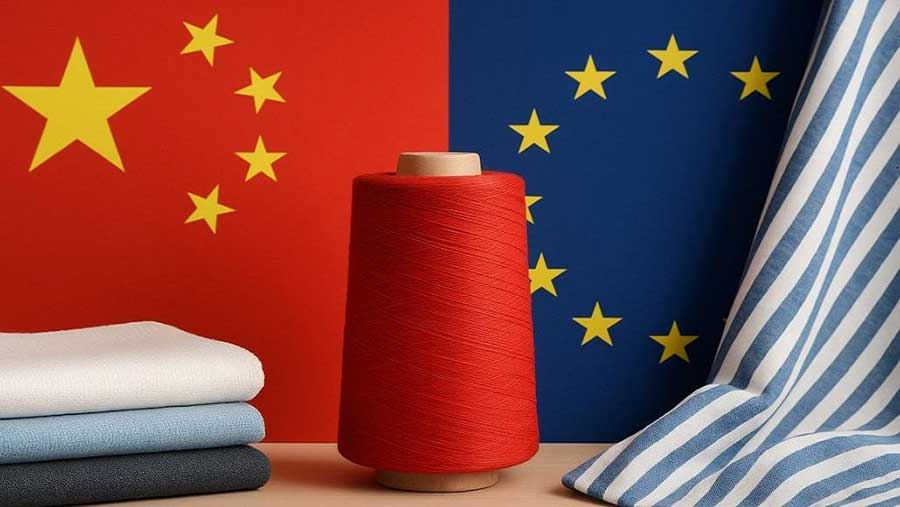The Union government has undertaken a study that would examine issues related to problems faced by the job working units in the Tirupur knitwear cluster to avail duty benefits under Export Promotion Capital Goods (EPCG) scheme for machinery import. The problems for the garment industry started after an amendment in the Foreign Trade Policy that mandates the job working units in printing, dyeing and knitting and other segments to establish a direct link between machinery imported and the finished goods exported came into effect from July 1 last year.
In apparel clusters such as Tirupur, vertical integration of production capacities was not much and the units were spread out across the cluster, doing job work. In his petition to the Government, S Dhananjayan, a consultant and chartered accountant had pointed out that the amendment had mandated the EPCG licence holders to show documents such as copy of agreement entered between the license holder and the ultimate exporter undertaking to export the goods manufactured, proof of dispatching goods from the licence holder’s factory to the exporter’s firm and lorry receipt to show logistical movement, among others, to get the zero duty benefits for machinery import.












